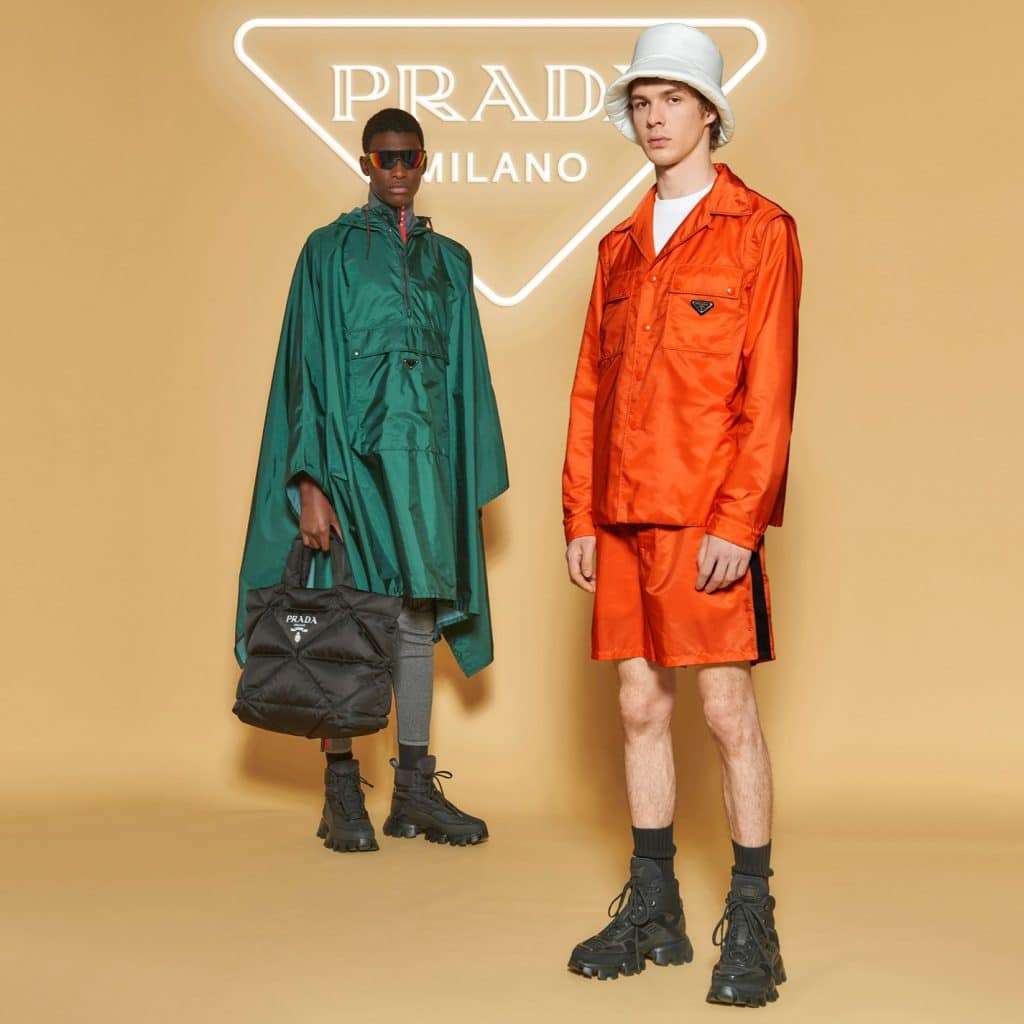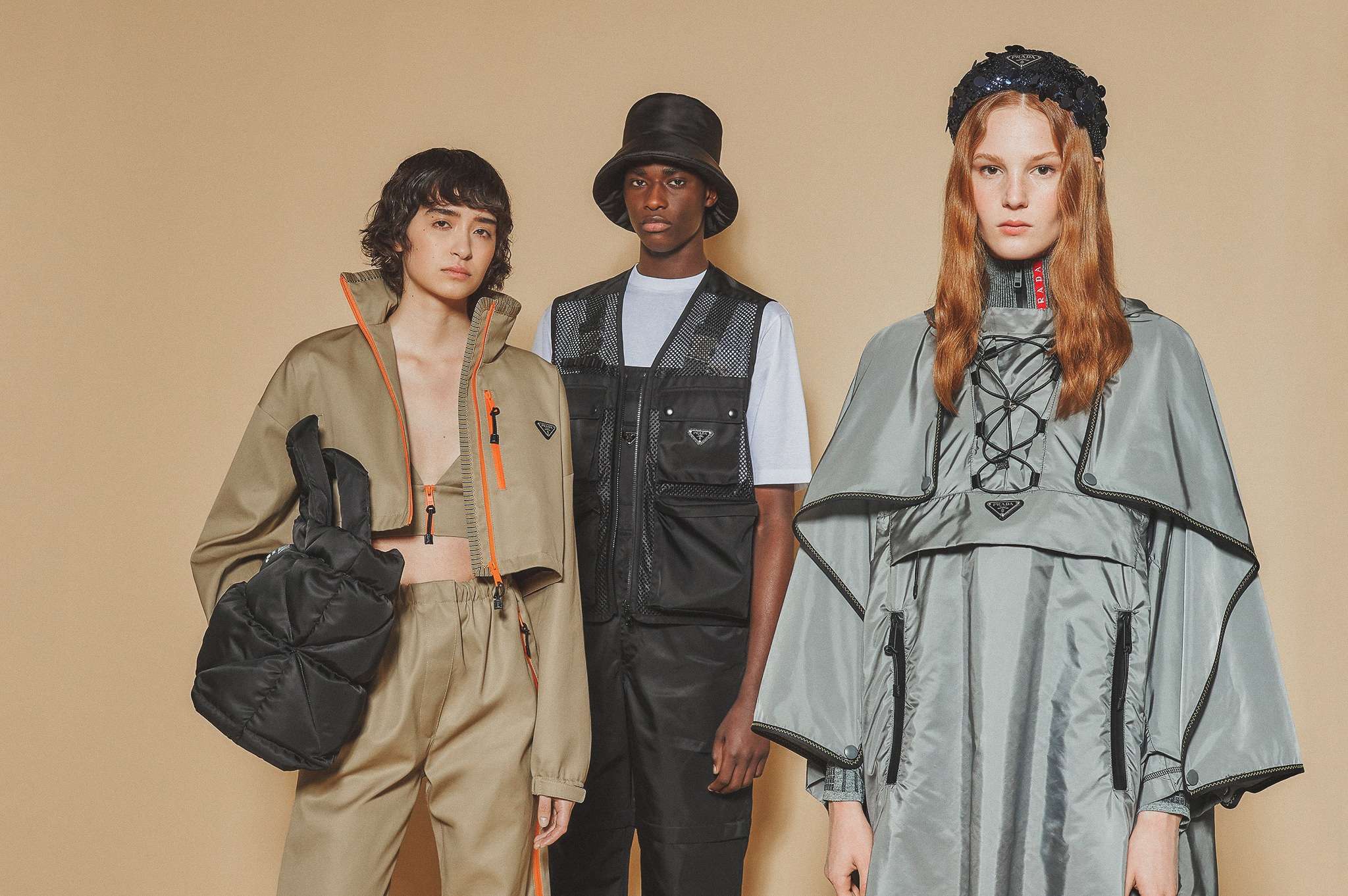Luxury Italian fashion house Prada says it’s going to develop in-house and partner-focused secondhand sectors to boost its sustainability efforts.
“Secondhand is a strategy we have been investigating for more than a year,” Lorenzo Bertelli, the eldest son of co-Chief Executives Patrizio Bertelli and Miuccia Prada, said during an interview at the Reuters Next conference on Wednesday.
“I cannot disclose too much but for sure secondhand is there. We will take it as an opportunity,” the future head of Prada said.
The secondhand market is booming. Earlier this year, resale platform ThredUp predicted the market would hit $77B by 2026, doubling the industry’s current revenue. Sales for 2021 across the secondhand luxury fashion market are expected to surpass $37 billion this year—by comparison, sales of new luxury items are expected to grow at 12 percent.
Prada sees new revenue opportunities for secondhand.
“It can be a partnership with a player or it can be something more in-house, or both of them, a sort of hybrid solution like for e-commerce,” Bertelli said.
Prada is already a leader in sustainability, and recent funding rounds to support its efforts to green its production facilities and stores. In 2019, it became the first luxury brand to ink a sustainability-focused deal. Worth €50 million, the five-year financing from Crédit Agricole Group was the first sustainability loan of its kind. The funds were raised to assist with its LEED certification for its retail locations and increase its sustainable material use, including Re-Nylon.
The sustainable nylon is made from synthetic fibers from recycled ocean plastic, fishing nets, and textile fiber waste.
“Focusing on innovative materials will allow the company to explore new boundaries of creative design while meeting the demand for ethical products,” Miuccia Prada, head designer of the fashion house, said at the time.
The brand also dropped fur from its women’s collections last year.
Secondhand boom
Luxury brands are embracing the secondhand market shift; earlier this year French luxury conglomerate Kering invested into Vestiaire Collective—the French peer-to-peer secondhand platform. It recently became the first secondhand platform to achieve B Corp status. Vestiaire Collective is now valued at more than $1 billion. in August, Danish luxury label Ganni partnered with Vestiaire Collective to release archived styles from its #Scandigirl collection.

Stateside, Gucci partnered with the popular resale shop, The RealReal last year on a special e-shop. It was the first label to encourage and reward shoppers for buying and selling pre-loved Gucci items on the platform. The partnership included a tree planted with purchase via the One Tree Planted initiative aimed at global reforestation.
“Gucci is at the forefront of driving the fashion industry to become more sustainable, so having them recognize the role of resale and The RealReal in creating a more sustainable future is really powerful,” Julie Wainwright, The RealReal’s founder and CEO, told Vogue last year. “By encouraging their community to shop resale, Gucci will help us bring more people into the circular economy and show that resale is complementary to brands.”
Secondhand is catching on outside of fashion, too, with resale watch platform WatchBox now valued at more than $1 billion, and interest growing in secondhand and vintage furniture.


